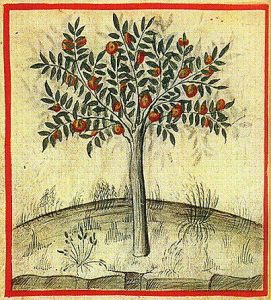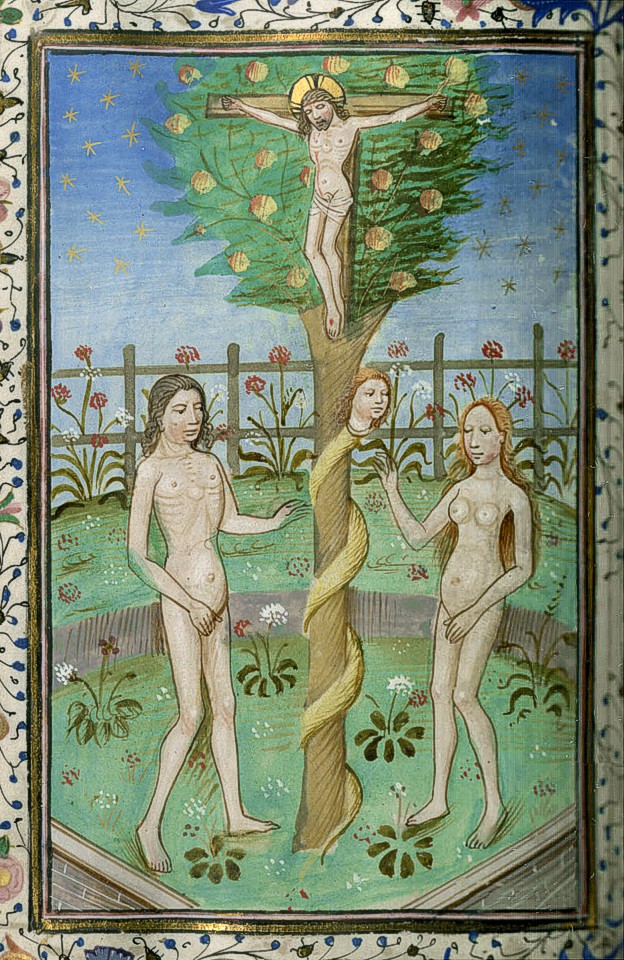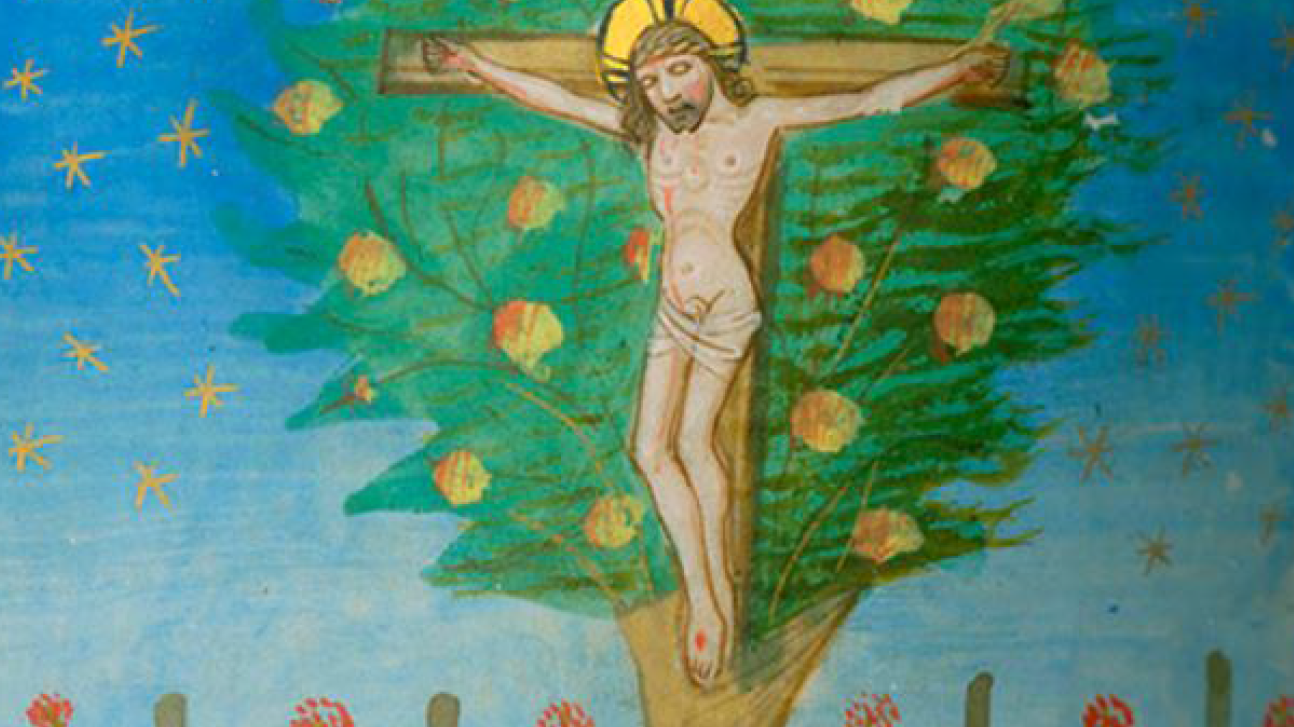Bearing the Fruit of Blessedness
6th Sunday in Ordinary Time (C)
Our gospel for this Sunday is all about blessedness. Jesus says, “Blessed are you who are poor… Blessed are you who are now hungry… Blessed are you who are now weeping…” (cf. Lk 6:20-26). To be blessed is to be favored by God. In a non-religious context, to be blessed simply means to be happy. What Jesus says here about blessedness seems contrary to both of these definitions. To understand what Jesus is getting at, we need to go back and look at the other readings the Church gives us this week.
In the first reading, the prophet Jeremiah contrasts those who trust in human beings and those who trust in God. The one who trusts in human beings, he says, “is like a barren bush in the desert” (Jer 17:6). In other words, such a person is dry, lifeless, and bears no fruit. But the one who trusts in the Lord is “blessed” (Jer 17:7). Listen to how Jeremiah describes such a person.

He is like a tree planted beside the waters
that stretches out its roots to the stream:
it fears not the heat when it comes;
its leaves stay green;
in the year of drought it shows no distress,
but still bears fruit.
– Jeremiah 17:8
Unlike the barren bush, the tree planted near water is full of life and bears fruit. Trusting in man is like planting yourself in the desert; there is nothing there to nourish you. Trusting in God is like planting yourself in rich soil near fresh water. If you sink your roots there, you will have all you need to live and thrive.
The psalm for this Sunday gives us a similar description of blessedness. Here, the one who meditates on the law of the Lord is said to be “like a tree planted near running water, that yields its fruit in due season, and whose leaves never fade” (Ps 1:3). So the way we plant ourselves near this life-giving water is not only to trust in the Lord (Jeremiah) but also to meditate on his law (Psalm 1). The two go hand in hand. To trust in the Lord means to take his word seriously, and study of God’s word does you no good unless you trust God enough to live by His word.
What this means practically is we need to study God’s wisdom as it is found in the scriptures, as it is taught by the Church, and as it has been lived out in the lives of the saints — and then apply that wisdom to our lives. Then we will be blessed, like the tree planted near water.
But note how Jeremiah describes this blessed person. He doesn’t say such a one will experience no hardship. Rather, he says this tree “fears not the heat when it comes” and “in the year of drought it shows no distress, but still bears fruit.” In Jeremiah’s metaphor, both the tree and the barren bush experience drought, but only the blessed one bears fruit. To be blessed is not to experience a life without hardship, but to have the grace to endure hardship and even bear fruit in the midst of it.
What kind of fruit is born in hardship by one who has faith in God?
Of course we can’t talk about trees and fruit without thinking of the Garden of Eden. The most famous fruit in Genesis is the forbidden fruit of the tree of knowledge, but there was another tree in the center of the garden, the tree of life. Little is said of this tree in Genesis, but the Church Fathers have drawn a connection between the tree of life and the cross. Whereas Adam and Eve brought death to the world by eating of the forbidden fruit, Christ brings life to the world by Himself becoming the fruit hanging from the tree for our spiritual nourishment. Speaking of the Resurrection, St. Paul calls Jesus “the firstfruits of those who have fallen asleep” (1 Cor 15:20). This is the fruit that Christ bore for us on the cross; this is the fruit we can expect to bear if we bear our crosses with Him.
It is no surprise then that Jesus says:
Blessed are you who are poor, for the kingdom of God is yours.
Luke 6:20-23
Blessed are you who are now hungry, for you will be satisfied.
Blessed are you who are now weeping, for you will laugh.
Blessed are you when people hate you, and when they exclude and insult you, and denounce your name as evil on account of the Son of Man.
Rejoice and leap for joy on that day! Behold, your reward will be great in heaven.
Jesus has a way of turning our expectations on their heads. We may think that being “blessed” means being rich, well fed, materially happy and well liked. These are, after all, the standards by which the world judges success. But we can’t take our worldly riches with us when we die, and people’s good opinions of us won’t add a minute to our lives. There has to be more.
Jesus shows us a higher way, a way to be truly blessed not just for today but for all of eternity, by trusting in the Lord and planting ourselves firmly by the waters of his truth and grace.


